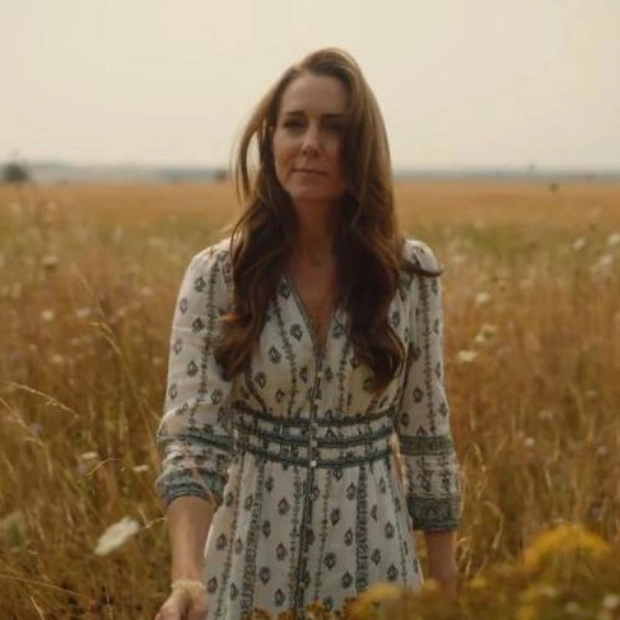Swiss voters turned down proposals aimed at enhancing biodiversity protections and a pensions reform in dual referendums held on Sunday, according to preliminary results. Despite Switzerland's reputation for its pristine natural landscapes, environmentalists have raised concerns about its endangered ecosystems and encouraged voters to support broader biodiversity protections. However, the proposal was rejected, as projected by the polling institute gfs.bern after the polls closed on Sunday morning—consistent with earlier opinion polls. Voters also dismissed a planned reform of the Alpine nation's pension system, which unions criticized as a 'scam', according to the projections.
The first proposal, titled 'For the future of our nature and our landscape', was supported by several environmental protection organizations, including Pro Natura and BirdLife. These groups warn that Switzerland's biodiversity 'has declined'. 'Switzerland has one of the highest levels of threatened species and environments among the European countries in the OECD,' said Sarah Pearson Perret, a Pro Natura director, citing a report by the European Environmental Agency. Published in 2020, the study reveals that Switzerland has the lowest percentage of protected zones compared to its national territory in Europe. Only 37% of voters supported the proposal, according to the institute.
Switzerland's federal government currently allocates approximately 600 million Swiss francs ($700 million) annually towards biodiversity preservation. The organizations behind Sunday's referendum argue that this is insufficient. Although they did not specify the exact amount needed, they urged voters to approve an increase in the biodiversity budget and to expand the number of protected areas. A significant biodiversity agreement reached in Montreal in 2022 called for at least 30% of the planet's lands and oceans to be protected by 2030. However, last year, Switzerland's Federal Office for the Environment (FOEN) reported that only 13.4% of the country's territory was dedicated to biodiversity conservation.
The FOEN acknowledges that Swiss biodiversity protection is inadequate, with half of all natural environments and a third of natural spaces at risk. Aquatic environments and marshes are among the most threatened. The organizations supporting the referendum described the situation as 'alarming', emphasizing that 'the mass extinction of species directly affects us humans'. Both the government and parliament opposed the proposal, arguing that Switzerland is already doing enough and warning that the measures would significantly impact the economy, agriculture, construction, and energy production.
Swiss voters also rejected a government-backed reform of pension financing, according to the projections. The pollster reported that only 31% of voters supported it. Swiss pensions are divided into three pillars: the basic state pension, a compulsory pension fund where employers and employees must contribute, and voluntary top-ups into private funds and investments. The government claims that low financial market returns and increasing life expectancy have left the second pillar underfinanced. Bern's proposed reform would necessitate higher contributions from both employers and workers into the obligatory occupational funds. However, unions that demanded the reform be put to a referendum argued that it would force people to contribute more while their pension payments would shrink. The Swiss Trade Union Federation, an umbrella group of 20 unions, condemned the proposals as a 'scam'.






